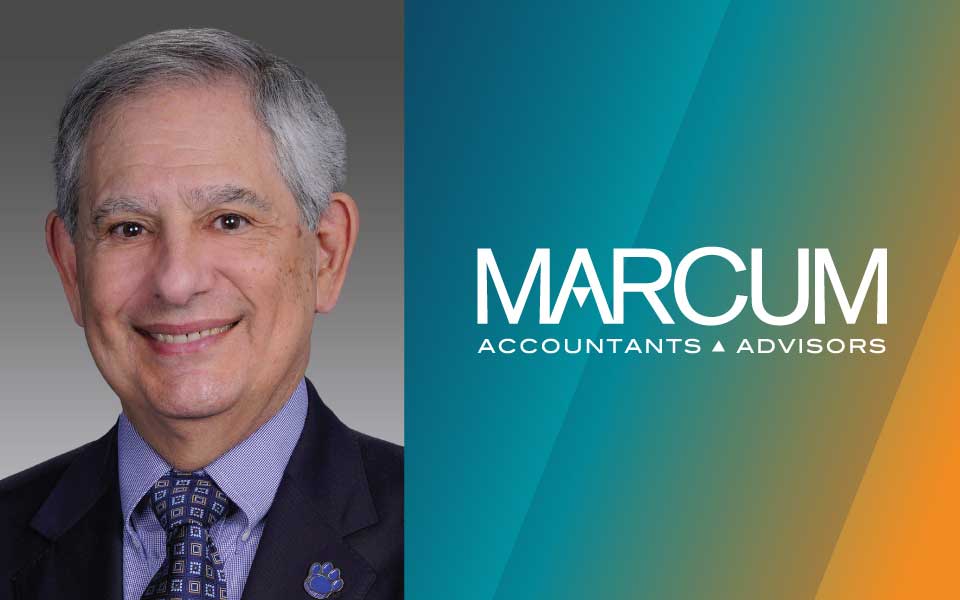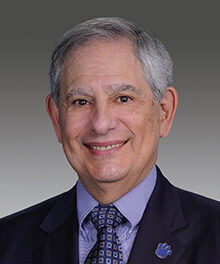Article by David Glusman, Advisory Services Partner, "Supreme Court's Daubert Guidance is Alive and Well," Featured in The Legal Intelligencer
The Legal Intelligencer

Excerpt:
One would expect that, in the more than 20 years since the U.S. Supreme Court’s seminal decision regarding admissibility of expert witness testimony, the parameters of proving fundamental issues would no longer be fodder for preclusion motions. U.S. District Judge Katherine Forrest of the Southern District of New York’s recent ruling in IBEW Local 90 Pension Fund v. Deutsche Bank AG, 2013 U.S. Dist. LEXIS 155136 (S.D.N.Y. October 29, 2013), reinforces that the Supreme Court’s guidance in Daubert v. Merrell Dow Pharmaceuticals, 509 U.S. 579 (1993), and its progeny, including amended Federal Rule of Evidence 702, is alive and well. Forrest’s ruling serves as a warning to all attorneys to fully vet their experts—establishing that the proposed experts actually satisfy the applicable standards for the particular case, not just that they’ve successfully testified in the past.
In Deutsche Bank, the plaintiffs asserted claims for violations of the federal securities laws relating to alleged misrepresentations and omissions of material fact related to the company’s exposure on certain securities in its portfolio between Jan. 3, 2007, and Jan. 16, 2009. The plaintiffs relied on the “fraud on the market” theory adopted in Basic v. Levinson, 485 U.S. 224 (1981). A central tenet of Basic is that the subject securities trade in an open and efficient market. In their motion for class certification, the Deutsche Bank plaintiffs proffered an expert report and testimony that Deutsche Bank’s securities satisfied the Basic requirements.
Daubert and FRE 702 require:
- The proposed expert is qualified by skill, experience, training or education.
- The proposed testimony is based on sufficient facts or data.
- The proposed testimony is the product of reliable principles and methods.
- The proposed expert has reliably applied those principles and methods to the facts of the case.
Qualifications
FRE 702 provides broad guidance on experts’ qualifications. As the Advisory Committee on Proposed Rules notes:
“The fields of knowledge which may be drawn upon are not limited merely to the ‘scientific’ and ‘technical’ but extend to all ‘specialized’ knowledge. Similarly, the expert is viewed, not in a narrow sense, but as a person qualified by ‘knowledge, skill, experience, training or education.’ Thus within the scope of the rule are not only experts in the strictest sense of the word, e.g., physicians, physicists, and architects, but also the large group sometimes called ‘skilled’ witnesses, such as bankers or landowners testifying to land values.”
The crux of the qualification debate is not whether the proffered expert has some specific mix of advanced degrees, professional certifications and professional speaking or writing experience. Rather, the critical question is whether the proposed expert’s background demonstrates an understanding and acknowledgment within the relevant professional community of expertise in the specific knowledge areas upon which that expert would expect to testify and can assist the trier of fact in understanding the technical issues. That expertise can be from academic degrees in the particular subject, from a broad mix of education and publication or from extensive practical experience in doing the work that is the basis for the testimony. (See In re Countrywide Financial Mortgage-Backed Securities Litigation v. Countrywide Financial, 2013 U.S. Dist. LEXIS 172367 (C.D. Cal. Dec. 2, 2013), and United States v. McCluskey, 2013 U.S. Dist. LEXIS 88728 (D.N.M. June 20, 2013).)
Often, the extent of the proffered expert’s expertise will become an issue for the fact-finder to assess the weight of the testimony, but establishing actual expertise is a fundamental requirement. “Expertise … in being an expert … is not sufficient to qualify as an expert,” according to Deutsche Bank. It is incumbent upon counsel to establish that a prospective expert has actual expertise in the knowledge area upon which the party will seek testimony and to have a frank and open conversation with potential experts about the extent of their experience and knowledge. While it may be difficult, especially with professionals that have testified successfully in the past, each and every case presents its own hurdles, and clearing those hurdles is essential to crossing the finish line.
Reliability
Daubert, and therefore FRE 702, saddled the courts with the role of “gatekeeper” responsible for assuring that proffered expert testimony meets all of the requirements. While the court may easily assess a proposed expert’s qualifications, assessing that expert’s methodology is much more difficult—particularly when the only sources for analysis come from parties that have distinctly biased perspectives on the issue. As a result, according to Countrywide Financial:
“Ensuring that an expert’s testimony uses reliable data and methodology is often the most challenging step in the Rule 702 inquiry. … The party proffering the expert testimony ‘must show that the expert’s findings are based on sound science’ by providing ‘objective, independent validation of the expert’s methodology.’ ‘The test of reliability is flexible’ and may include specific factors mentioned in [Daubert] and other decisions, but a district court has ‘broad latitude’ in deciding the appropriate factors to consider in determining reliability. Some factors that the district court may consider are: general acceptance of the method in the scientific community; whether the method has been subject to publication or peer review; whether the known or potential error rate is acceptable; whether the testimony is based on independent research or prepared specifically for litigation; and whether the expert points to an objective source to show that she has followed the scientific method. The circumstances of the particular case will dictate which factors the district court should consider in making its determination.”
It falls to counsel to fully understand the methodologies and data that underlie the proposed expert’s testimony before proffering the witness as an expert. Like the court, this is likely outside counsel’s comfort zone, but it is imperative, particularly if the anticipated testimony is critical to establishing a key element of the party’s case. Unless the prospective expert comes from a firm with internal quality control processes where multiple eyes will challenge unconventional methodologies, it can be helpful to use a consulting expert to review the analysis and highlight flaws in the process.
Fit
Finally, according to Deutsche Bank: “The question is not whether the expert methodology might be generally reasonable but rather whether in the context of the particular matter at hand it is reliable. In other words, does the proposed expert’s proffered opinion(s) ‘fit’ the case at hand?”
Again, it falls to counsel to review the proposed expert’s analysis and assure that the facts on which the expert has based that analysis are actually the relevant facts of the case. While FRE 703 permits an expert to utilize facts and data that are not otherwise admissible, the data supporting the expert’s analysis must still satisfy the requirements of Rule 702. In litigation, nobody is more familiar with the entirety of the evidentiary record than counsel, and counsel needs to look at the proposed expert testimony with a critical eye and evaluate whether that testimony is consistent with the claims/defenses asserted in the case and the evidence that will be presented to the fact-finder.
In Deutsche Bank, Forrest’s ruling addressed all of the FRE 702 criteria and found the plaintiffs’ proposed expert and his testimony wanting. In denying class certification, the court effectively ended the litigation, subject to appeal, reinforcing the importance of expert testimony in litigation and the disastrous prospects of failing to meet the requirements of the rules of evidence.
Disclaimer: Reprinted with permission from the January 8, 2014 issue of The Legal Intelligencer. (c) [2014] ALM Media Properties, LLC. Further duplication without permission is prohibited. All rights reserved.








